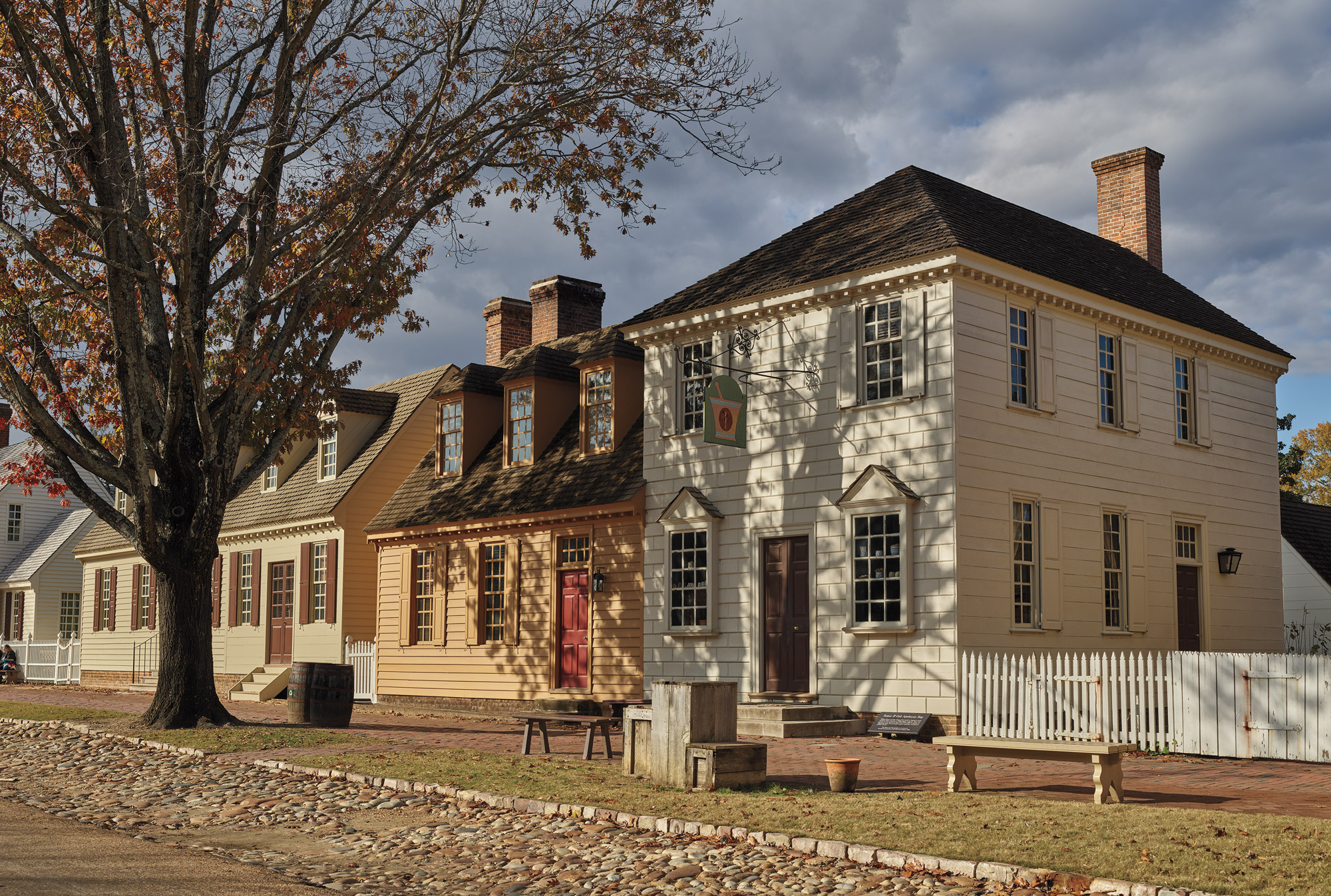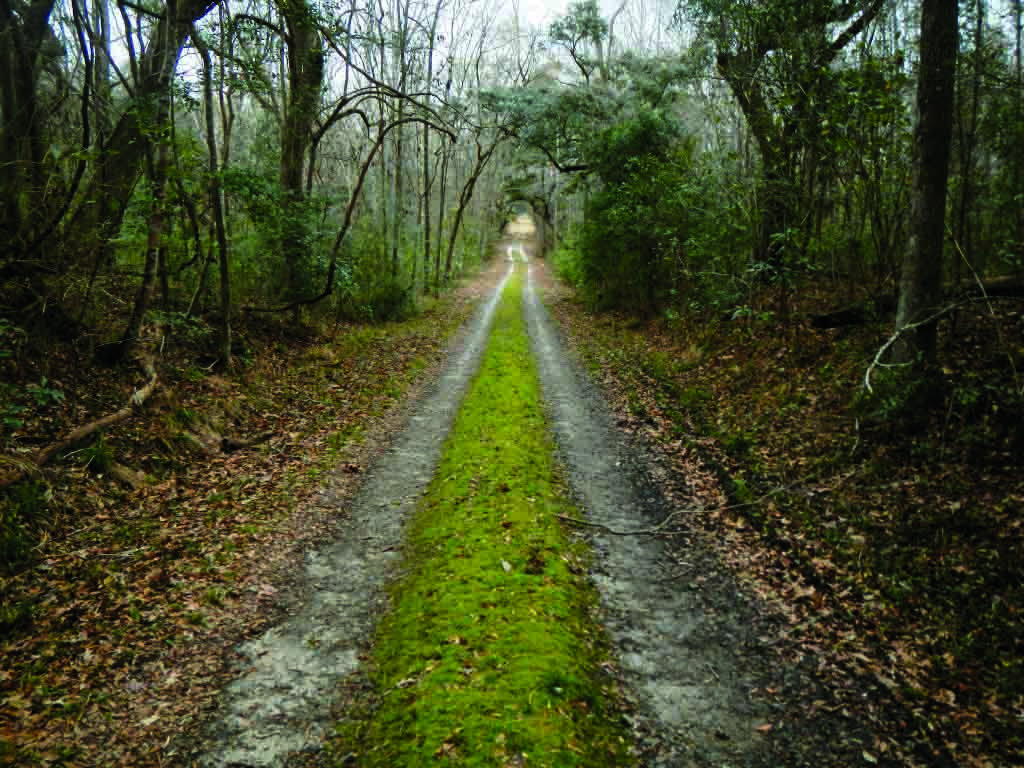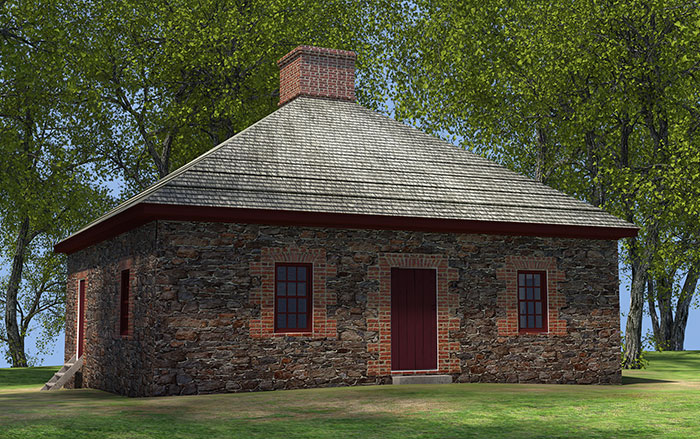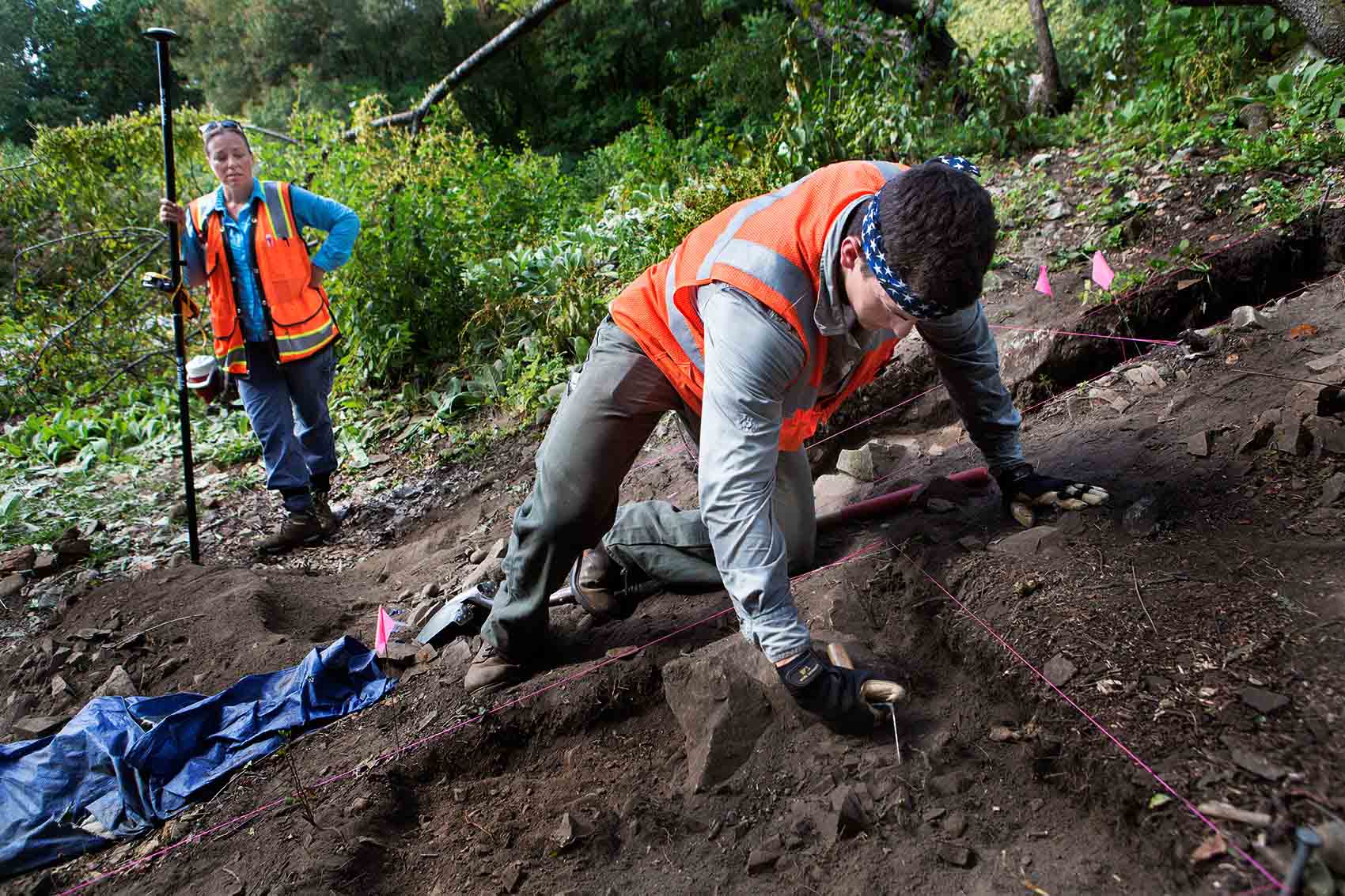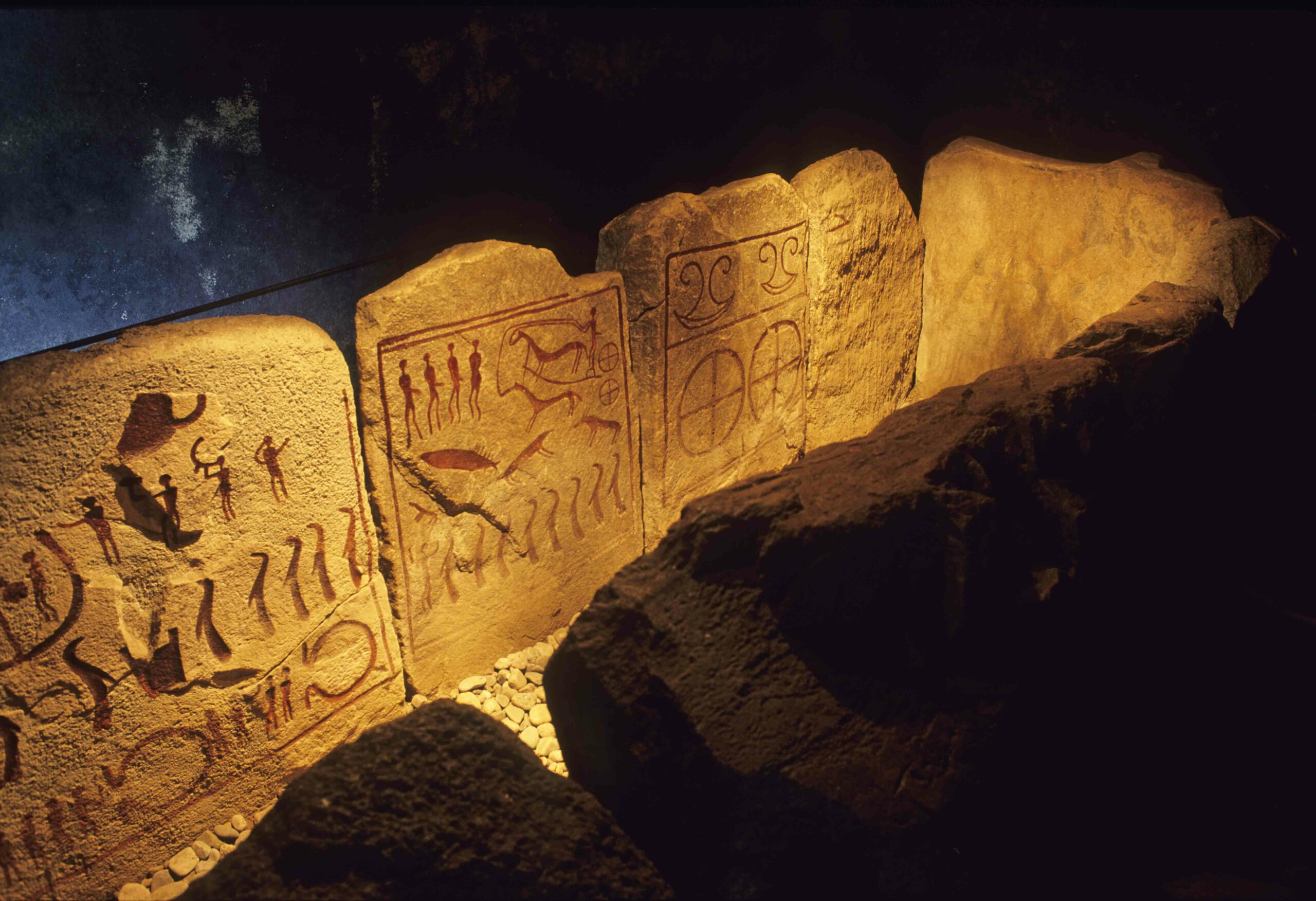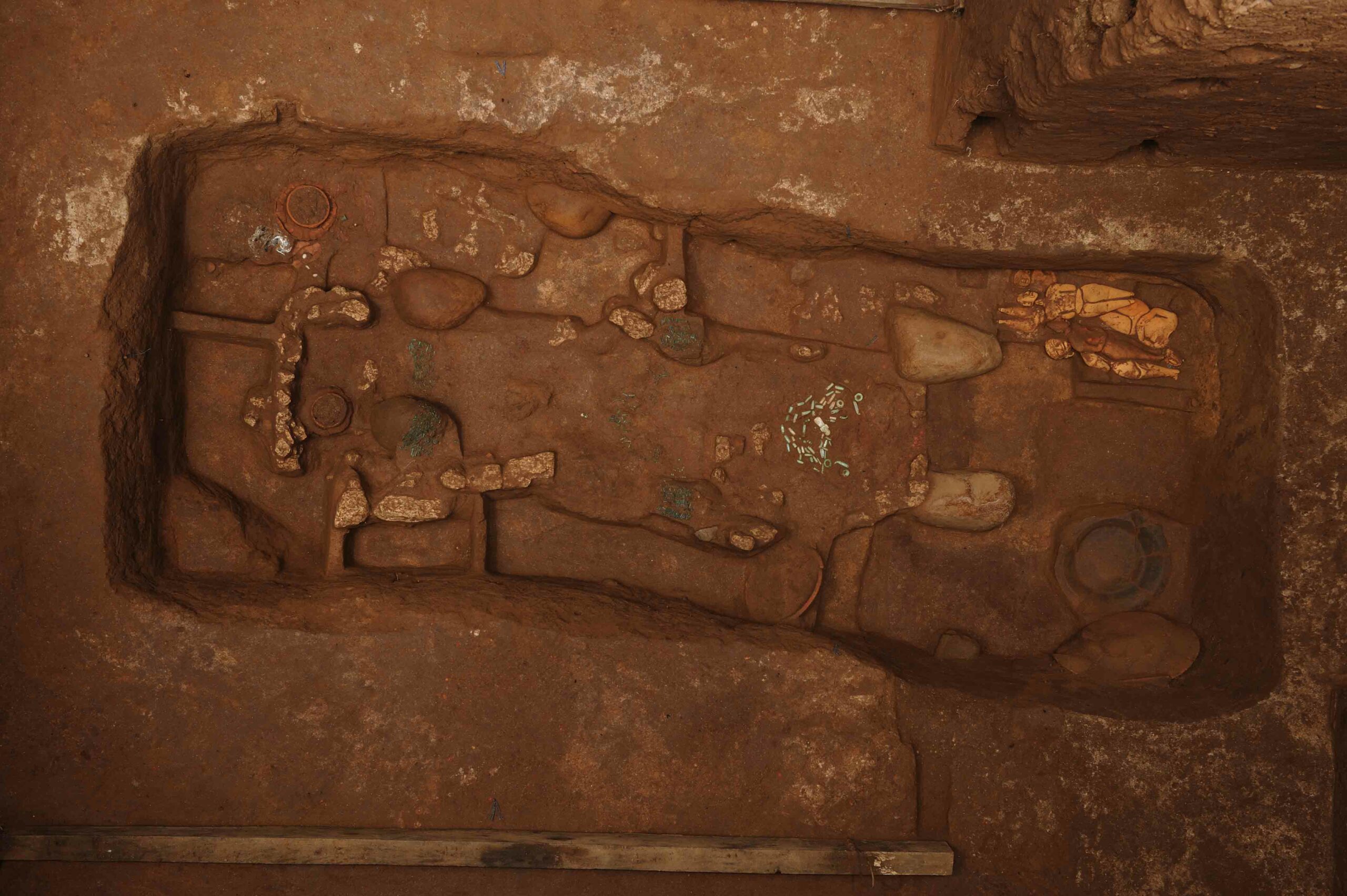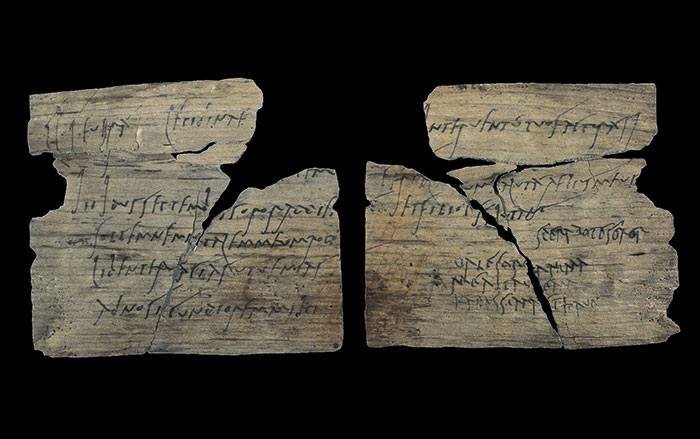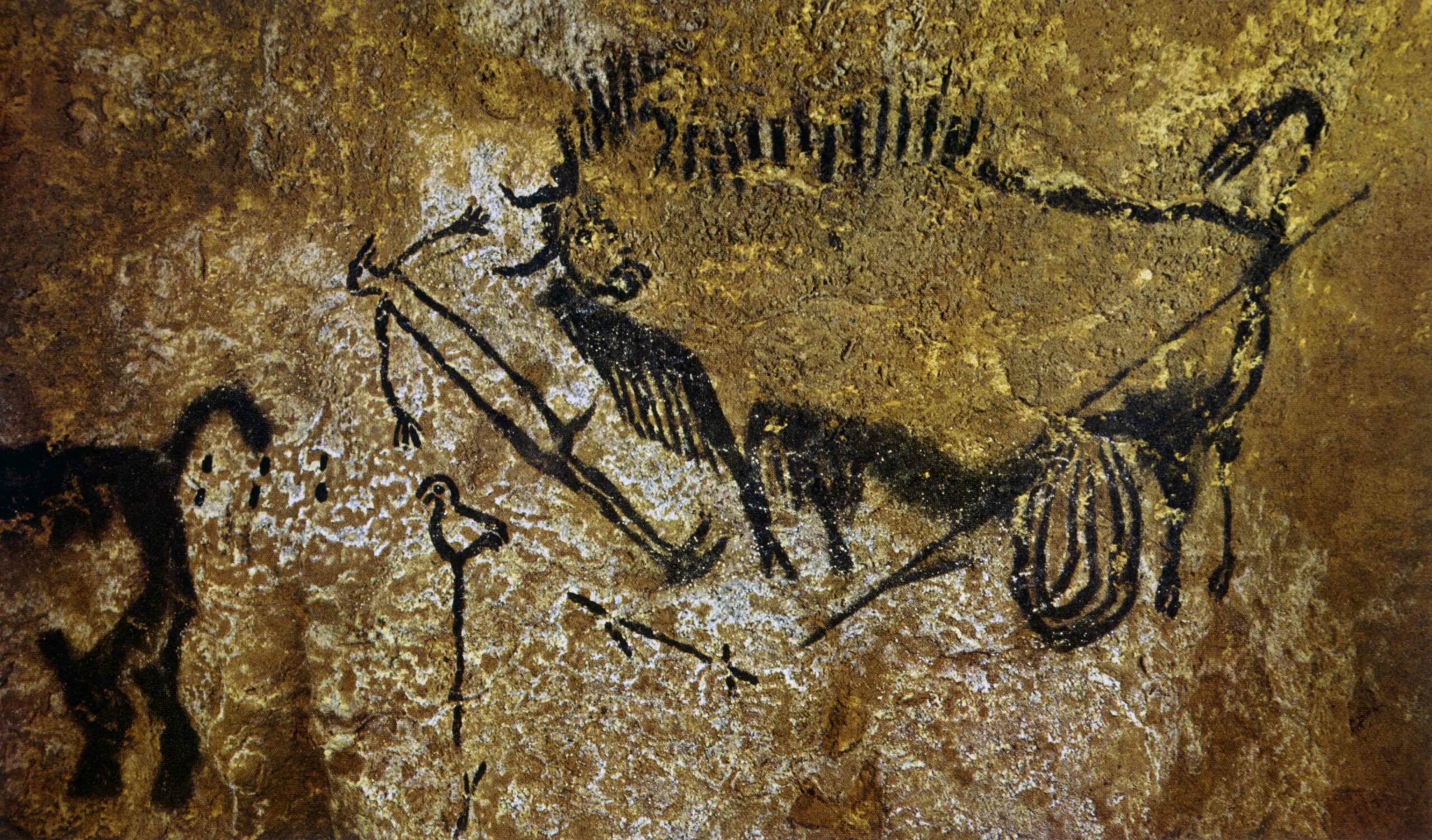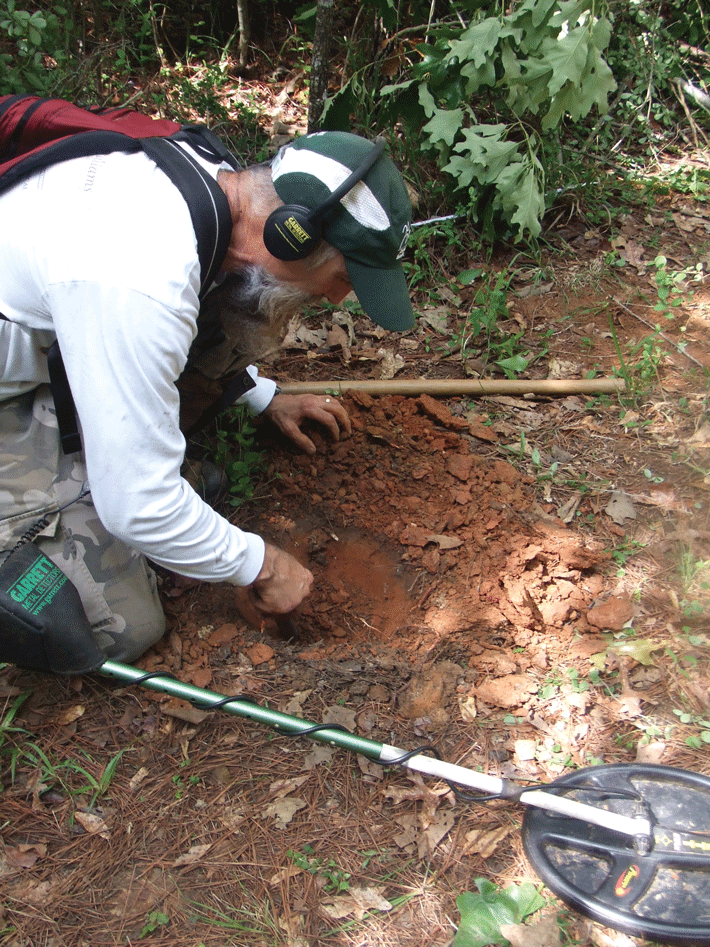
Archaeologists in Georgia have discovered the site of a Revolutionary War–era frontier fort, lost in the Southern landscape since a skirmish there on February 10, 1779, earned it a footnote in American history. Carr’s Fort, named for the cattle farmer and militia captain who owned it, was the scene of a one-day battle between 80 British loyalists and 200 local militiamen that helped blunt Britain’s efforts to retake territory in the thirteenth colony.
Without a precise location or description of the fort, Lamar Institute archaeologist Dan Elliott says the search was “like looking for a needle in a haystack, only harder.” Guided by historical documents, Elliott’s team combed a dozen prospective targets in a four-square-mile area of what was once Carr’s land in Wilkes County, midway between Savannah and Augusta.
On the final day of their survey they found a cluster of eighteenth-century artifacts—musket balls, parts of muskets, buttons, horseshoes, wagon parts, and a 1770 King George halfpenny—that Elliott claims marks the site of the 234-year-old fort. He says the discovery provides hope that similar ephemeral frontier fortifications (more than 30 are likely in Wilkes County alone) may be found in the future.


